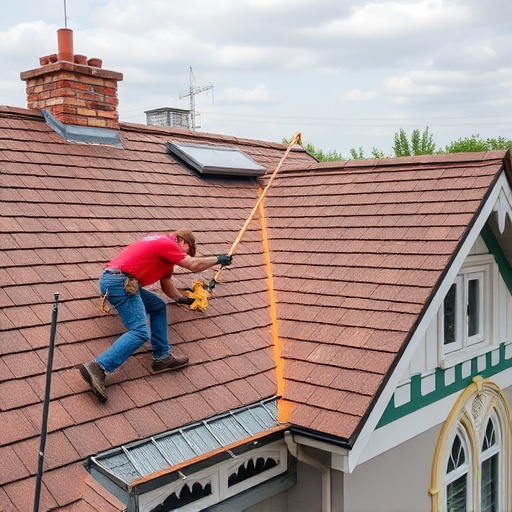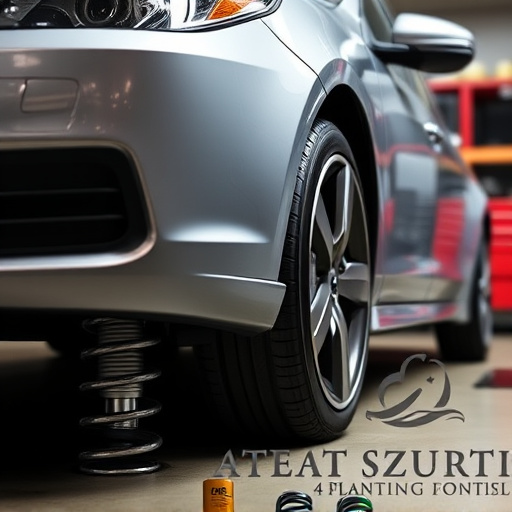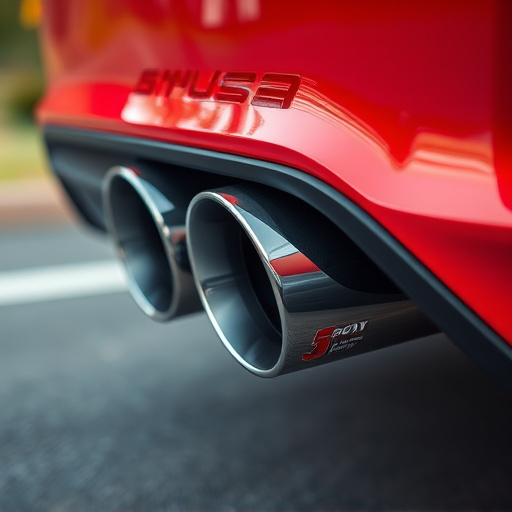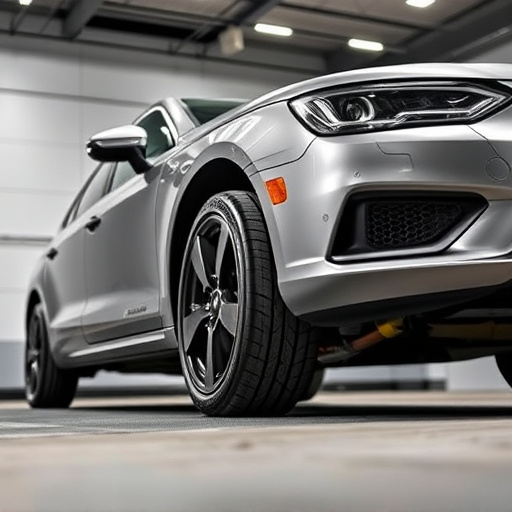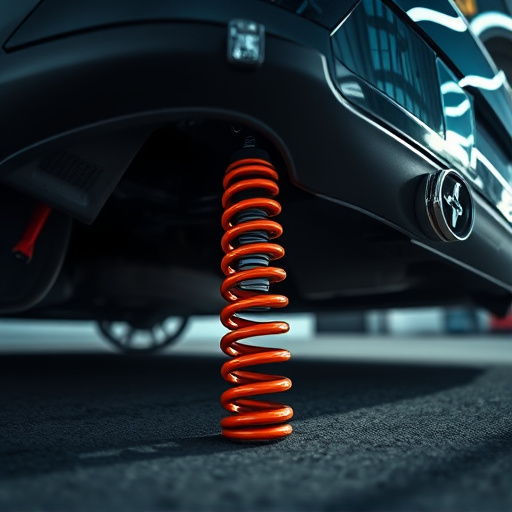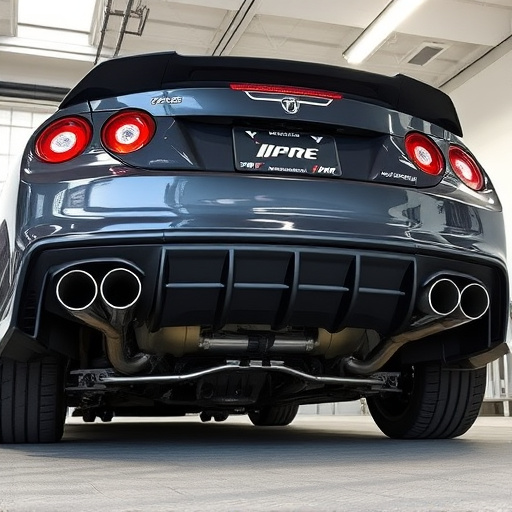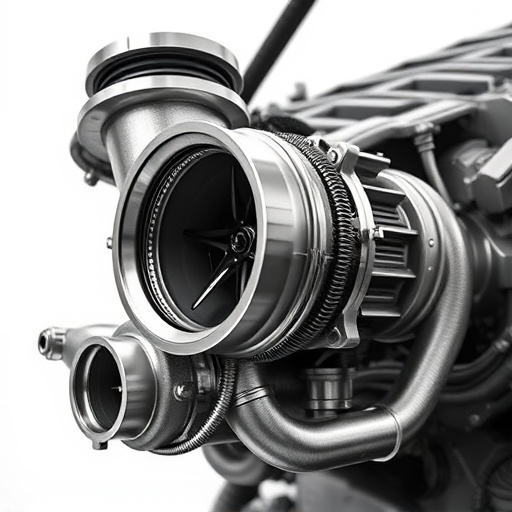Performance air filters are essential for optimizing vehicle performance by enhancing airflow, improving fuel efficiency, and reducing wear on intake components. Regular replacement as recommended by manufacturers can boost engine response, save fuel, and extend the lifespan of critical mechanical parts. However, proper installation is crucial to avoid issues like decreased power and unusual noises. After installing a high-performance air filter, regularly inspect for leaks and check connections in the suspension system near the intake manifold. Upgrading suspension components like coilover kits can further enhance handling and ride quality, contributing to better overall vehicle performance and a healthier engine.
After replacing your vehicle’s air filter, pay close attention to its performance. Understanding how a performance air filter works and its benefits is crucial. This article guides you through common issues that may arise post-replacement and offers troubleshooting tips for optimal air quality and engine health. We’ll walk you through simple checks to ensure your new air filter is functioning correctly, keeping your vehicle running smoothly.
- Understanding Performance Air Filters: What They Do and Why They Matter
- Common Issues After Replacing an Air Filter and How to Address Them
- Troubleshooting Tips for Optimal Air Quality and Engine Health
Understanding Performance Air Filters: What They Do and Why They Matter
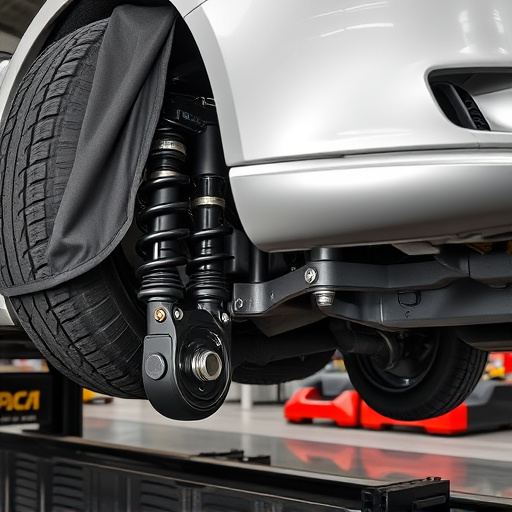
Air filters are an integral part of your vehicle’s engine performance and overall health. Beyond simply trapping dust and debris, performance air filters are designed to optimize airflow into the engine, enhancing power and efficiency. They do this by allowing only a specific size of particle through while blocking larger contaminants that could restrict airflow in the air intake systems. This ensures that your vehicle’s internal combustion process receives the optimal amount of clean air, which is crucial for maximizing fuel burning efficiency and minimizing wear on critical intake components like brake pads.
By investing in high-quality performance air filters, drivers can expect better engine response, improved fuel economy, and reduced risk of premature wear and tear on various mechanical parts. Regularly replacing these filters according to the manufacturer’s recommendations is a simple yet effective way to maintain peak vehicle performance and extend the lifespan of essential components within your car’s air intake system.
Common Issues After Replacing an Air Filter and How to Address Them
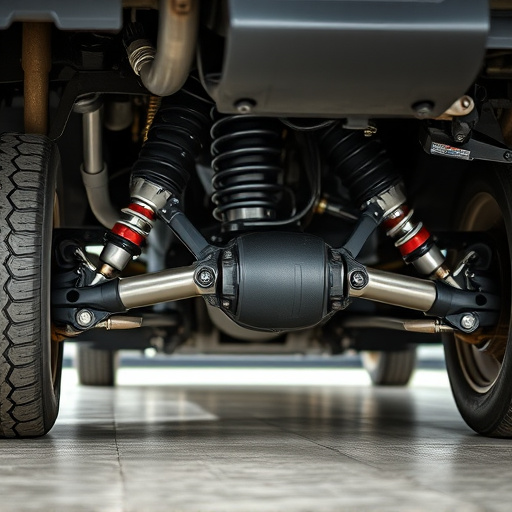
After replacing an air filter, several common issues can arise, impacting vehicle performance and efficiency. One frequent problem is a noticeable decrease in engine power, which may manifest as a lack of acceleration or reduced top speed. This issue often stems from inadequate airflow to the engine, highlighting the importance of proper air filter installation. Another concern is unusual noises coming from the engine bay, such as ticking or rattling sounds, indicative of improper air-fuel mixture or potential damage to sensitive brake components.
To address these problems, drivers should ensure a secure fit of the new air filter, checking for any leaks and re-securing all connections. Adjusting the air-fuel ratio through a diagnostic scan can help mitigate unusual noises and performance brakes. Regularly inspecting and maintaining other critical systems like exhaust systems is also crucial to prevent further complications. Remember, proper maintenance and timely troubleshooting significantly contribute to optimal vehicle performance.
Troubleshooting Tips for Optimal Air Quality and Engine Health
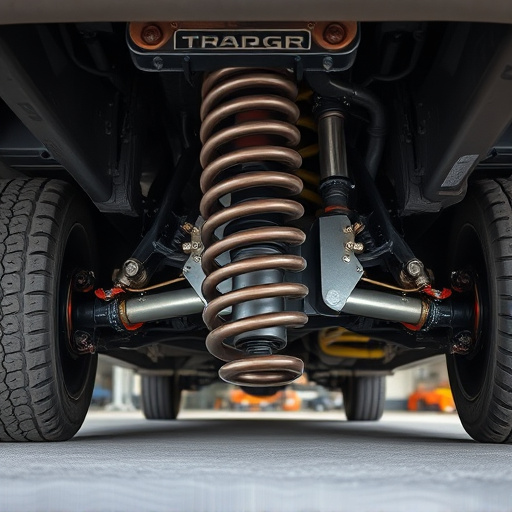
After replacing your vehicle’s air filter with a high-performance one designed to maximize airflow and capture pollutants, it’s crucial to ensure optimal engine health and top-notch air quality. Regularly checking for leaks is paramount, as even tiny cracks in the system can lead to reduced performance air filter efficiency. Inspect all connections related to the suspension components, especially around the intake manifold, to prevent any air leaks that could disrupt the vehicle performance.
Additionally, consider upgrading your suspension components if you’re looking for a more refined driving experience and improved engine performance. Coils over (coilover) kits, for instance, can significantly enhance both handling and ride quality by allowing precise adjustments to the vehicle’s height and damping, thereby contributing to better overall vehicle performance. Regularly replacing or servicing your air filter will ensure that your car runs smoothly, promoting a healthier engine and enhancing your driving experience.
After replacing your vehicle’s air filter, it’s crucial to address any issues promptly using effective troubleshooting techniques. By understanding the role of a performance air filter in maintaining optimal engine health and air quality, you can identify common problems like reduced airflow or odd smells. With simple steps outlined in this article, such as checking for debris, verifying connections, and ensuring proper fitting, you can resolve these issues quickly. Regularly following these troubleshooting tips will contribute to your vehicle’s overall performance and longevity.






